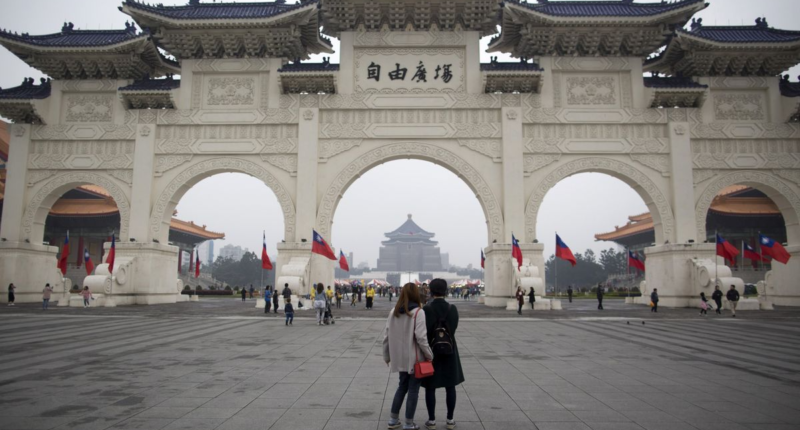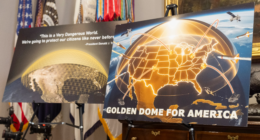We have seen that the effects of the pandemic and the lockdowns that took place everywhere around the world are taking place now. While the world was not traveling, the economies around the world that depended on tourism took a big hit and one of them is Taiwan as well. It is known that almost 4% of the contribution to Taiwan’s GDP is through tourism and all of this got wiped out in 2020 and most of it even in 2021 and 2022. It seems that the tourism sector is now recovering thanks to the vaccines that have given the confidence of people to travel more.
However, Taiwan Government knows that more needs to be done in order to give an incentive for people to travel to its country and that is exactly what they are doing. In a report by Bloomberg, Taiwan Government is reportedly going to spend almost US $82 Million in order to boost its tourism and this amount will be given to the tourists themselves. While it is not possible to give cash to each and every tourist, the Taiwan government plans to give this amount as an incentive for booking hotels or flights as an upfront discount but things are still being figured out.
The Government of Taiwan says that they will offer these benefits to the first 500,000 tourists that visit Taiwan worth NT $5000 each which is equivalent to $165 USD. The spokesperson for the Ministry of Transportation and Communications said that they will release the exact plan at an “appropriate” time.
According to the Ministry’s statement, more than 900,000 visitors took a trip to Taiwan in 2022. Having said that, these numbers are still down from the 2019 numbers before the pandemic which was much higher than that. Similar to Taiwan, other countries that depend on tourism for their revenue have also revealed plans to welcome visitors. The first one that springs to mind is the “Hello Hong Kong” program where visitors will be given 500,000 air tickets among other perks for visiting the country. Taiwan, in its bid to attract 6 Million visitors per year, has released even better perks for tourists as well as tourism agencies.









